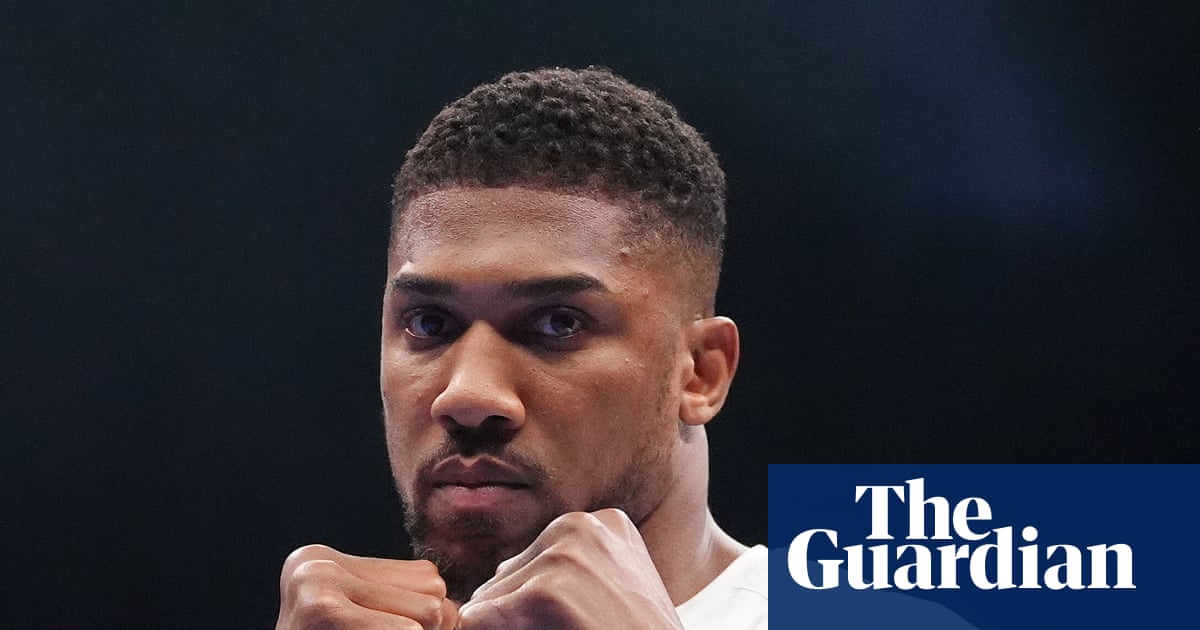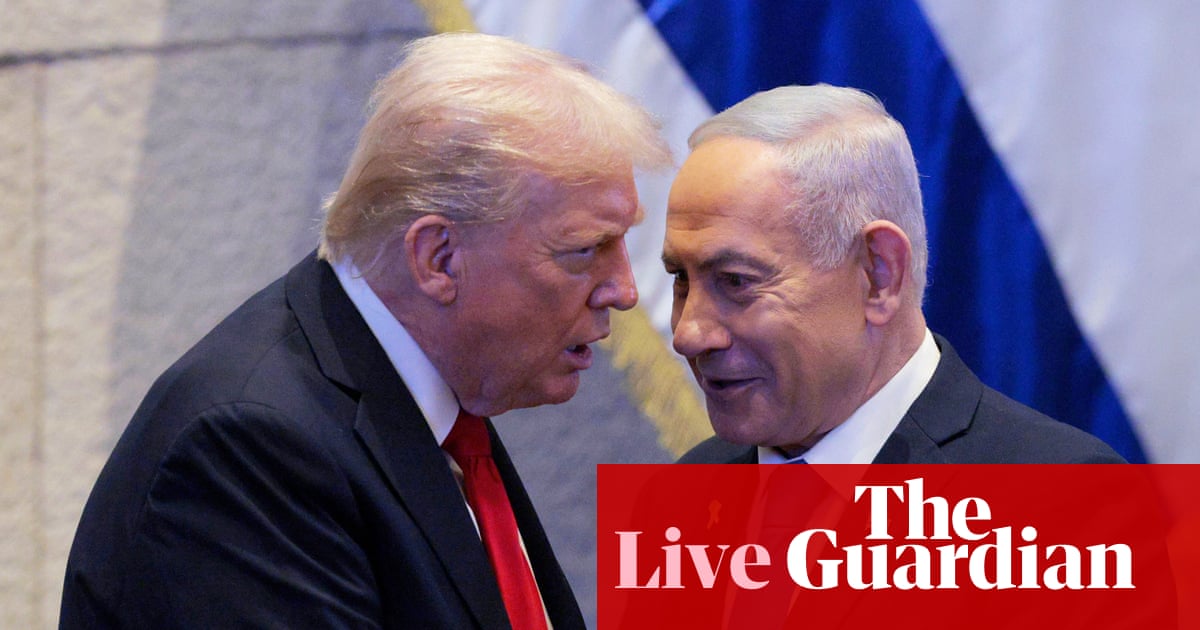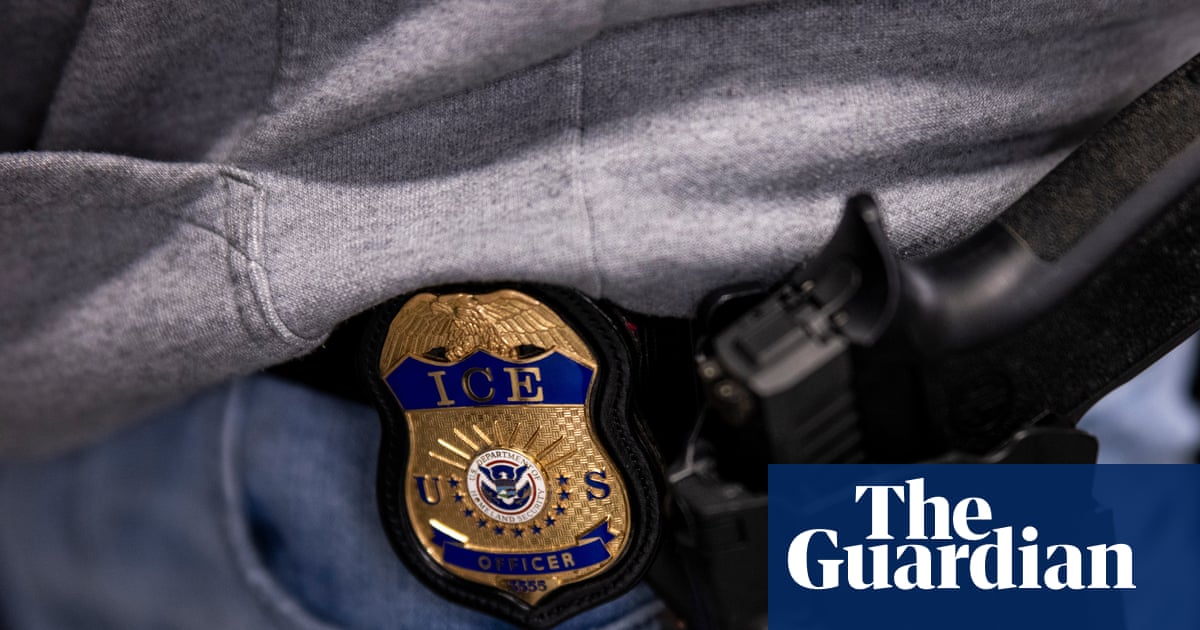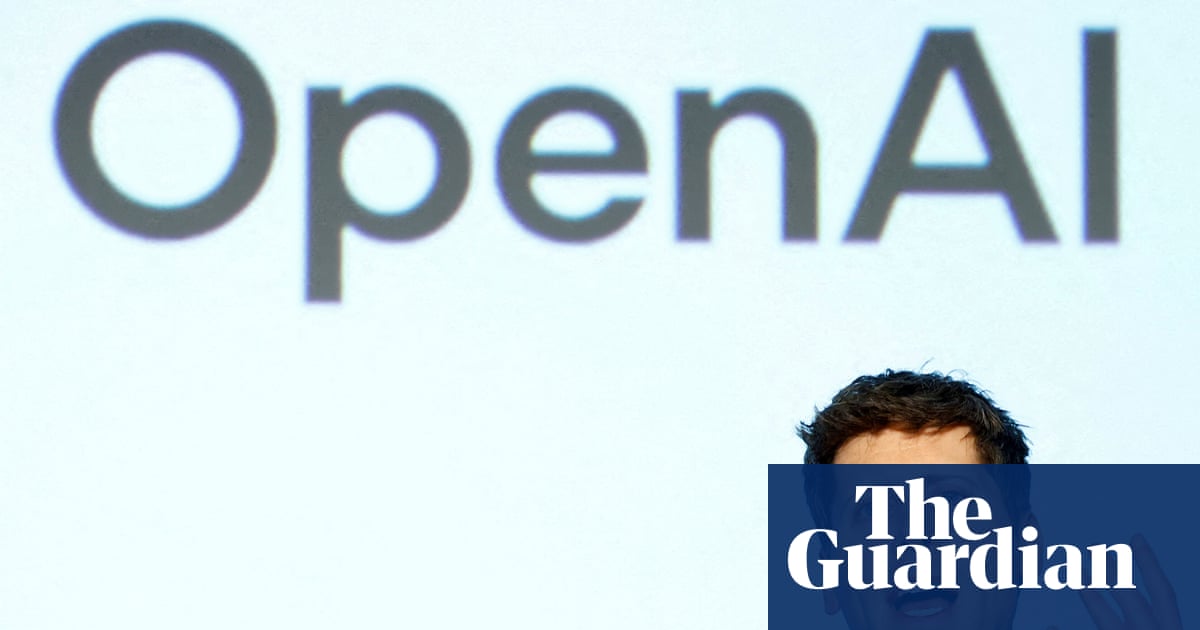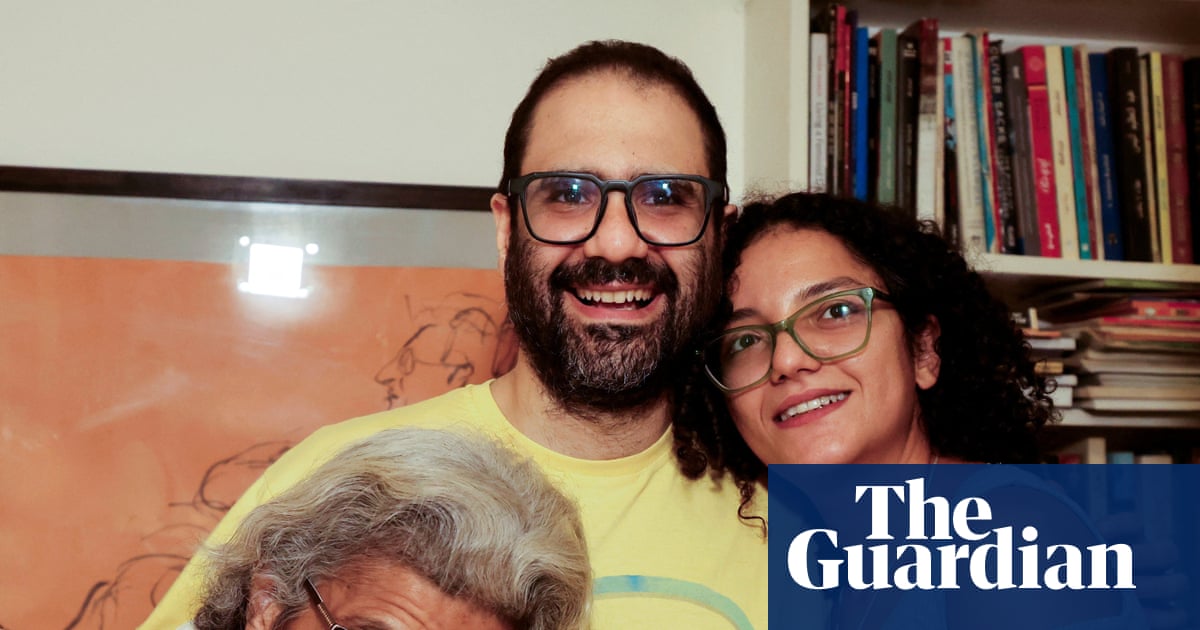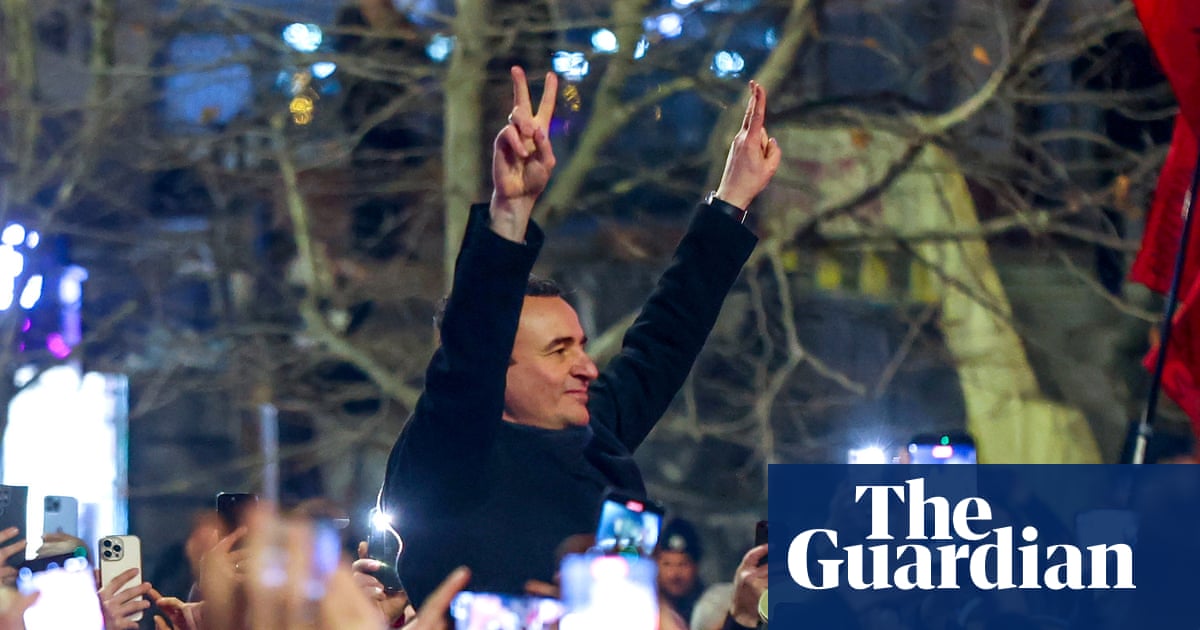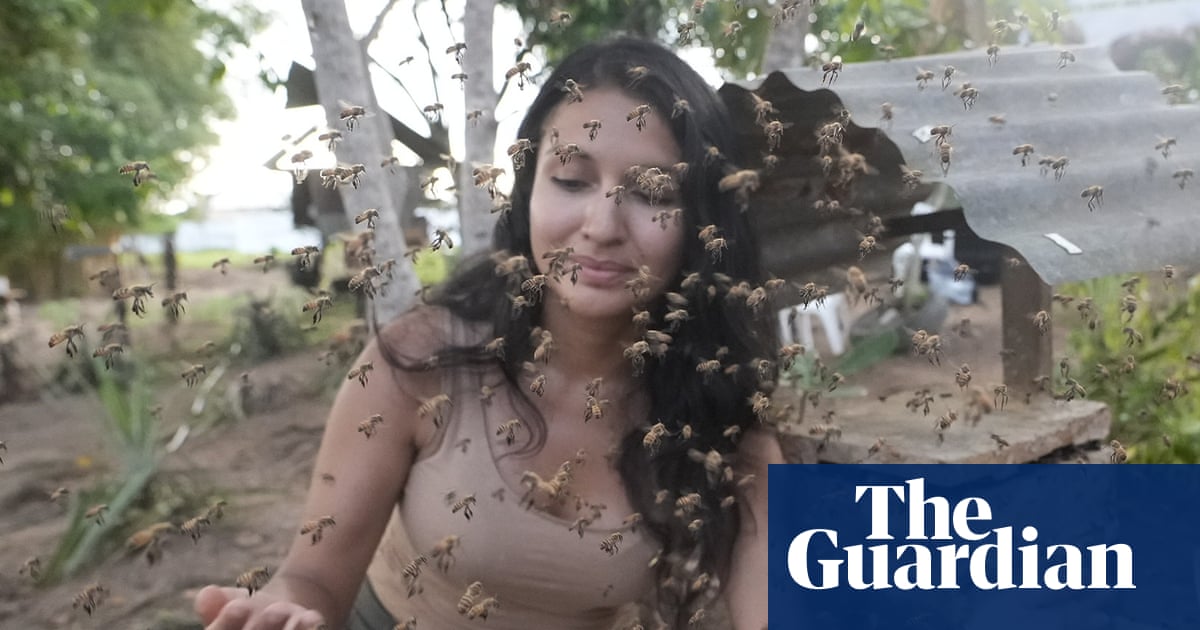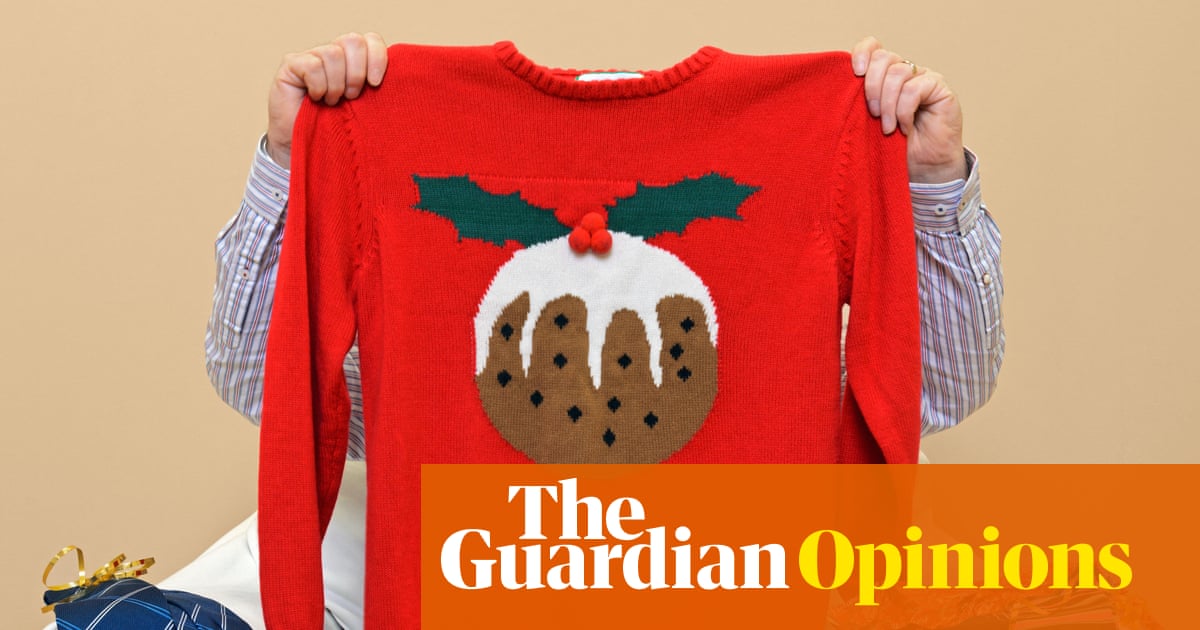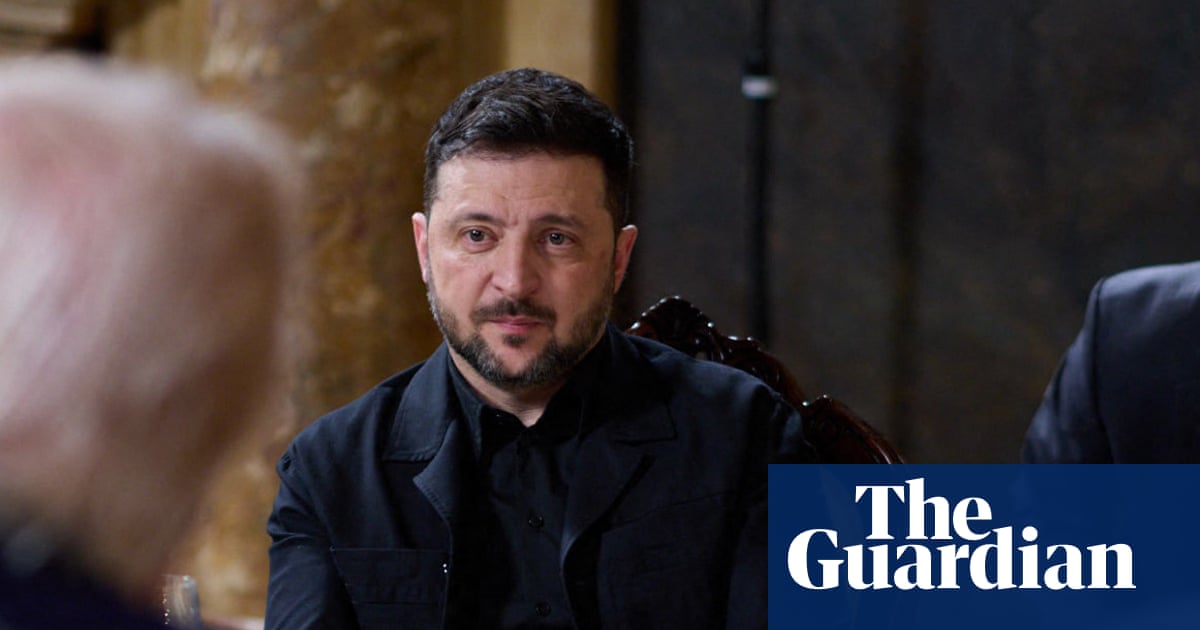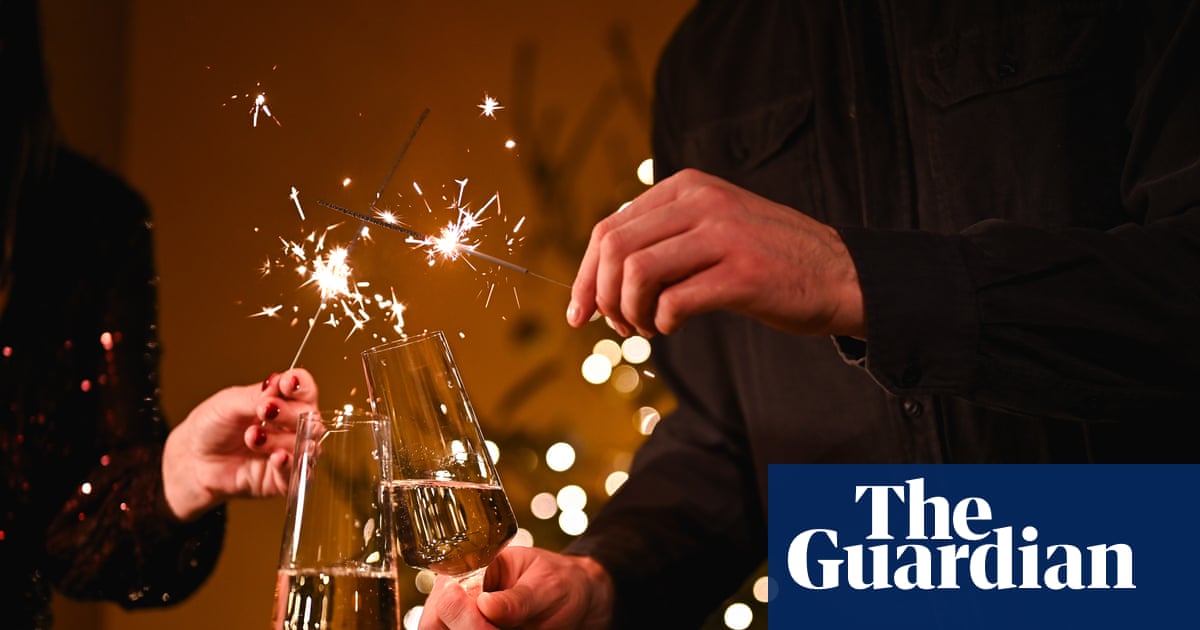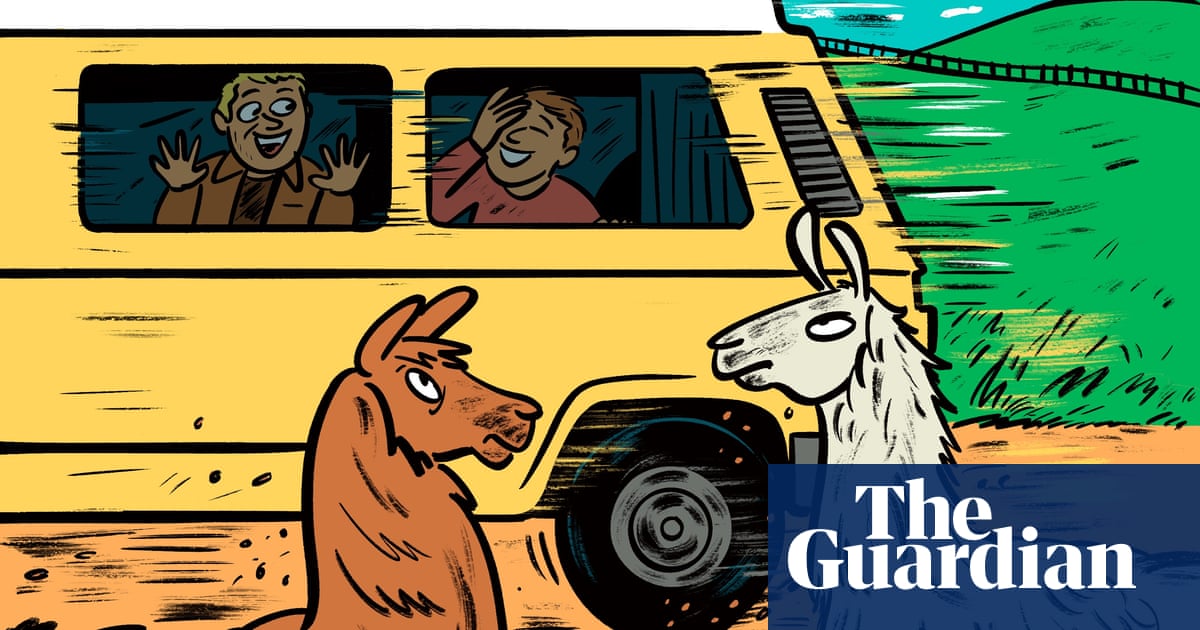I often talk about my childhood in the Reef Islands, a special place on the far eastern seas of Solomon Islands. It is there that I learned to fish, to plant root crops and to hunt. I came to understand how to read the weather and which plants could be used for injuries and cuts. Above all, I was taught the importance of caring for the land and the ocean.
During bedtime, the spiritual connection to the land was taught to me through kastom stories. How did this land come about, how did that island come about, why is the river shaped like this or why is there a big rock near that waterfall? These stories taught me to respect and understand the natural world.
But now, that same world feels uncertain. How do we explain to our children why the ocean that sustains us has become the very thing that threatens our home? I watch as it chips away at our island of Fanalei, the place we all love. The ocean that was once my playground and my teacher is now the source of one of my greatest fears.
King tides, flooding, storms. What they call extreme weather. The fear that you feel for your life and the lives of your loved one stays with you for ever. These events that threaten our island are here and now. It is last year, and this year and the sea continues to swallow the land. No one is spared when nature roars angrily at us. You pray and you wait and wonder.
Will it take away small islands like mine?
I sometimes lie awake and think: where will my people go? I have heard the elders and grandfathers talking about relocation, but how can we leave our home?
Will anyone care if our islands disappear? What about our future generation, my children?
The struggle for climate justice is hard but I soon realised we have no choice but to fight for ourselves.
I fight so that my children, my niece and nephews, and their children will not have to worry about the future. What security can I offer my loved ones? Our islands are priceless; they are part of us. Once that life leaves the body, no money, economic growth or infrastructure can bring it back. I am grounded in valuing life – human life, ocean life and land life.
After six years of hard work, our group of Pacific students achieved what we were told was impossible. The international court of justice made a ruling on the world’s biggest problem. In the days leading up to the ruling, I was nervous and afraid, and at times I even wanted to stay away because I did not know what the decision would be. But the outcome was more than we could have ever dreamed of. Shaking off the bad-faith arguments of polluting countries, the court confirmed what we have always known: climate change is violating our human and environmental rights, and countries that continue to burn fossil fuels are responsible.
More than this, it made the rules clear. Taking action to stop climate change is not an act of charity; it is a legal obligation. The court found that every stage of fossil fuels, from extraction to burning, is unlawful and harms others. Put simply, it told polluting countries to stop hurting their neighbours and affirmed our right to reparations for the damage done.
For islands like mine, this ruling is a step closer to protecting our children and their right to live with dignity, free from the fear of climate change.
A thousand kilometres from my island home, we have now come full circle, as the Pacific Islands Forum (PIF) was hosted by my country, Solomon Islands, in Honiara. Six years ago, when we started the ICJ initiative, the PIF was our first destination. Now, with a ruling in hand, Pacific leaders can endorse this important roadmap to a safe climate.
But a ruling or an endorsement alone will not save my home or calm the angry oceans. Our fight is not over. Countries like Australia that continue to dig up, export or burn fossil fuels, must take action or be held accountable. It is not easy, but every wave that laps the shores of Fanalei, every gust of wind across the Reef Islands, reminds me of why we fight.
-
Cynthia Houniuhi is an Indigenous woman from Solomon Islands, assistant law professor at the University of South Pacific and president of Pacific Islands Students Fighting Climate Change

 3 months ago
65
3 months ago
65

